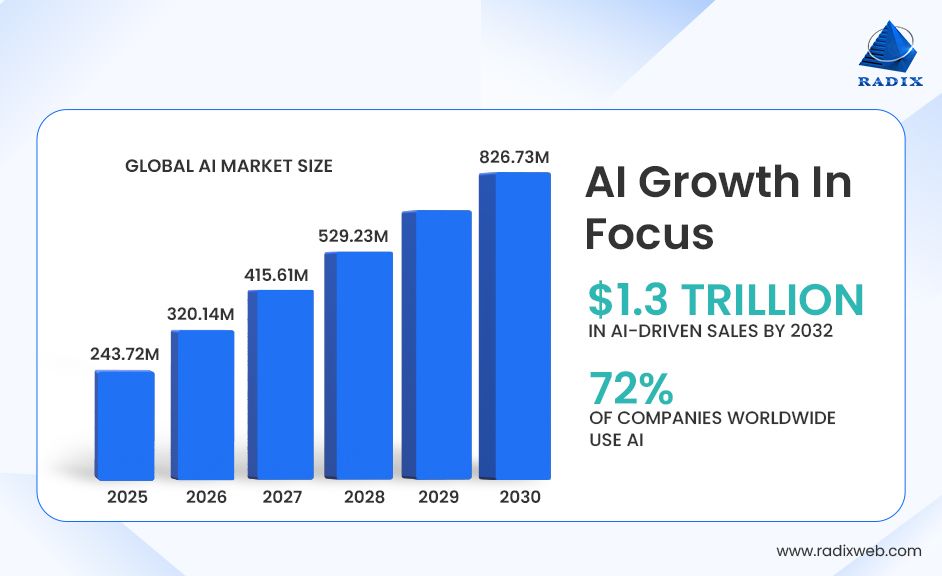


**Incorporating AI into Japanese Game Development: An Emerging Phenomenon**
The application of artificial intelligence (AI) in game development is on the rise, with over half of Japanese gaming firms reportedly using AI technologies. This phenomenon was underscored in a recent survey preview by the Computer Entertainment Supplier’s Association (CESA), which collected perspectives from 54 Japanese gaming companies, including major players like Capcom, Konami, FromSoftware, Square Enix, and Sega, along with numerous indie developers.
The survey, which is part of the 2025 CESA Video Game Industry Report, was conducted to offer a thorough review of Japan’s gaming sector ahead of the Tokyo Game Show. It disclosed that 51% of the participating companies are integrating AI or generative AI into their development workflows. AI applications predominantly focus on creating videos and images, developing characters, generating narratives, producing text, and providing programming assistance. Furthermore, 32% of the firms are utilizing AI to create their own game engines, marking a substantial move towards AI-centered innovation in game development.
The report also delivered demographic data regarding the domestic game-related sector, estimating the workforce at approximately 200,000 individuals, with an average age of 37 and an average tenure of seven years. The starting salary in the sector has risen to 259,000 yen (about 1,743 USD), which is an increase of 23,000 yen from the year prior.
The rising acceptance of AI technologies, fueled by tools such as ChatGPT, has unlocked new opportunities for game developers. Companies like Capcom and Sega have already formed internal AI teams, while Square Enix has demonstrated a dedication to vigorously incorporating AI in their initiatives. Nevertheless, not all businesses are adopting this trend; for example, Nintendo has chosen to stick with its emphasis on originality and creativity, avoiding AI integration.
As the full CESA report is scheduled for release in December, the particular uses of AI in game development remain somewhat undisclosed. However, the current findings indicate that AI is steadily becoming a crucial asset for refining production processes, providing a rapid, efficient, and cost-effective answer to game development challenges.
The future of the gaming sector seems to be increasingly linked with AI technologies, as more companies investigate the potential advantages of AI integration. While the discussion regarding AI’s role in creative fields persists, the trend in Japan signifies a growing acknowledgment of AI’s contribution to enhancing and streamlining game development operations.
No Comments
To comment you need to be logged in!